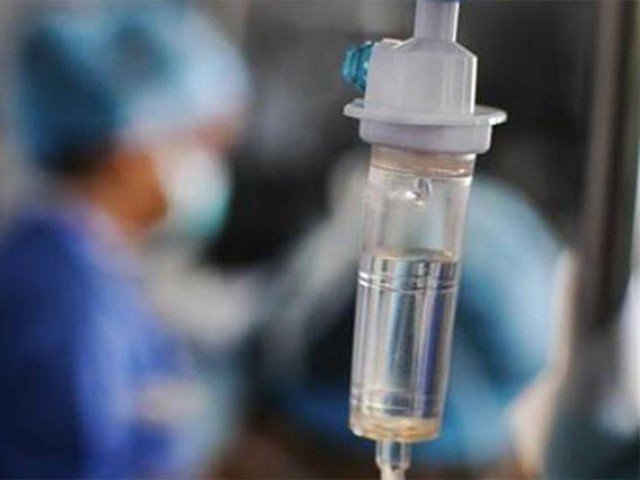
Doctors at the health facility said that three patients suffering from jaundice were admitted to the hospital. However, the condition of one of the patients continued to deteriorate and he later died at the facility. The victim was identified as 65-year-old Gawar, resident of Ubaro.
Other patients being provided treatment at the hospital were identified as 50-year-old Muhammad Hussain, and 44-year-old Taj Ali.
The doctors said that the condition of the other two patients was critical. They said efforts were being made to save their lives. Similarly, jaundice cases were also reported at other health facilities.
Rahim Yar Khan has been plagued with jaundice that has claimed the lives of several people this year. Majority of the victims include adults and children.
Meanwhile, data collected from Shiekh Zayed Hospital shows that more than 100 people have lost their lives since the epidemic hit
the district.
They added that fears of more casualties cannot be ruled out.
Health experts said that arsenic contamination of underground water, reusing syringes and a lack of filtration plants are leading causes in spreading this deadly disease.
They added that raising awareness and concerted measures regarding prevention can help overcome the outbreak.
The experts added that the core reason behind the rise of this contagion is the increase in the levels of arsenic in underground water.
They added that the second reason was the lack of filtration plants in 90% of the district, forcing the local population to consume contaminated water.
When Express News collected and reviewed test reports from three rural health centres, two district headquarters hospitals and Shiekh Zayed Hospital, it was revealed that 63% of the population had the disease.

















COMMENTS
Comments are moderated and generally will be posted if they are on-topic and not abusive.
For more information, please see our Comments FAQ